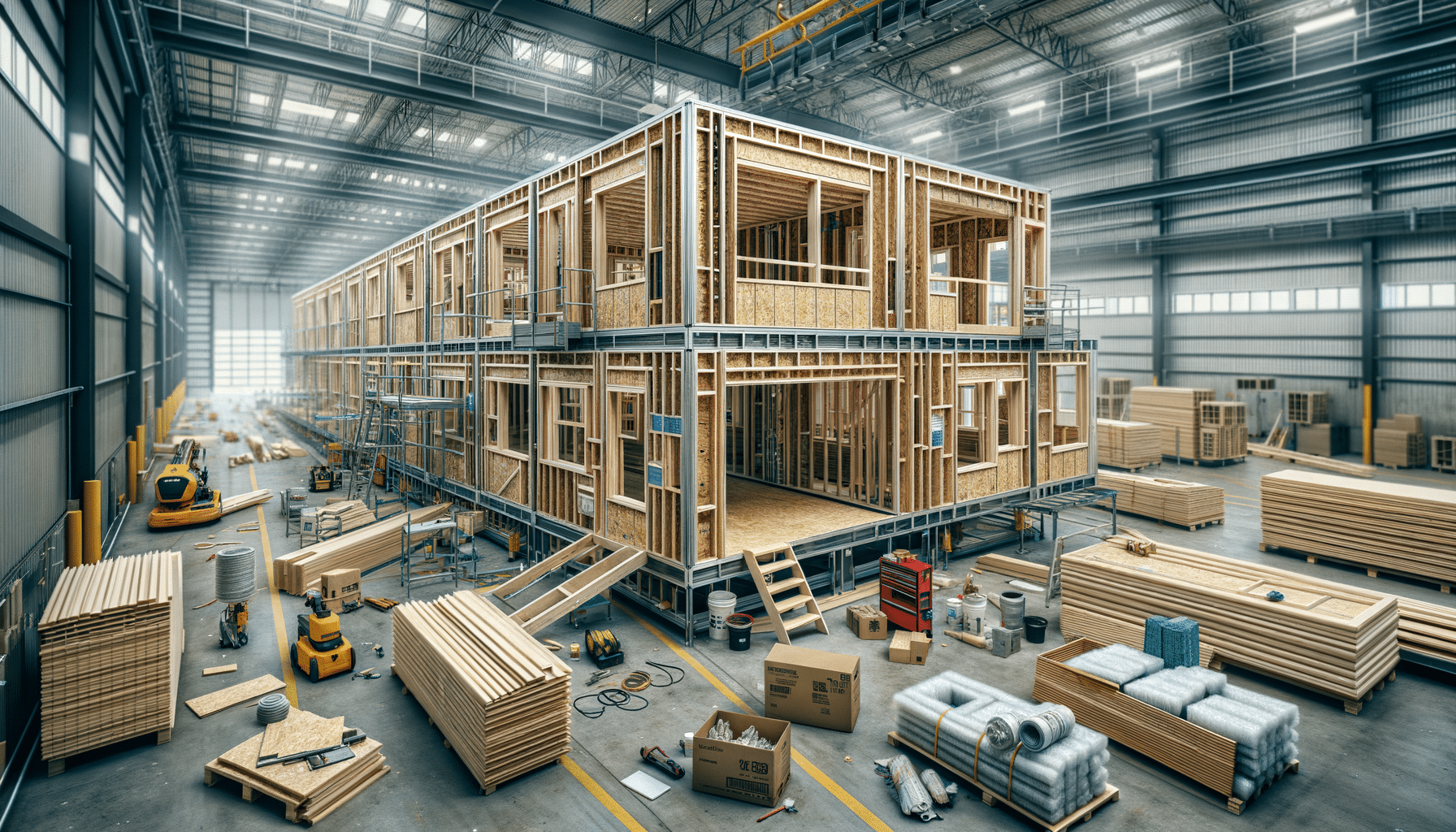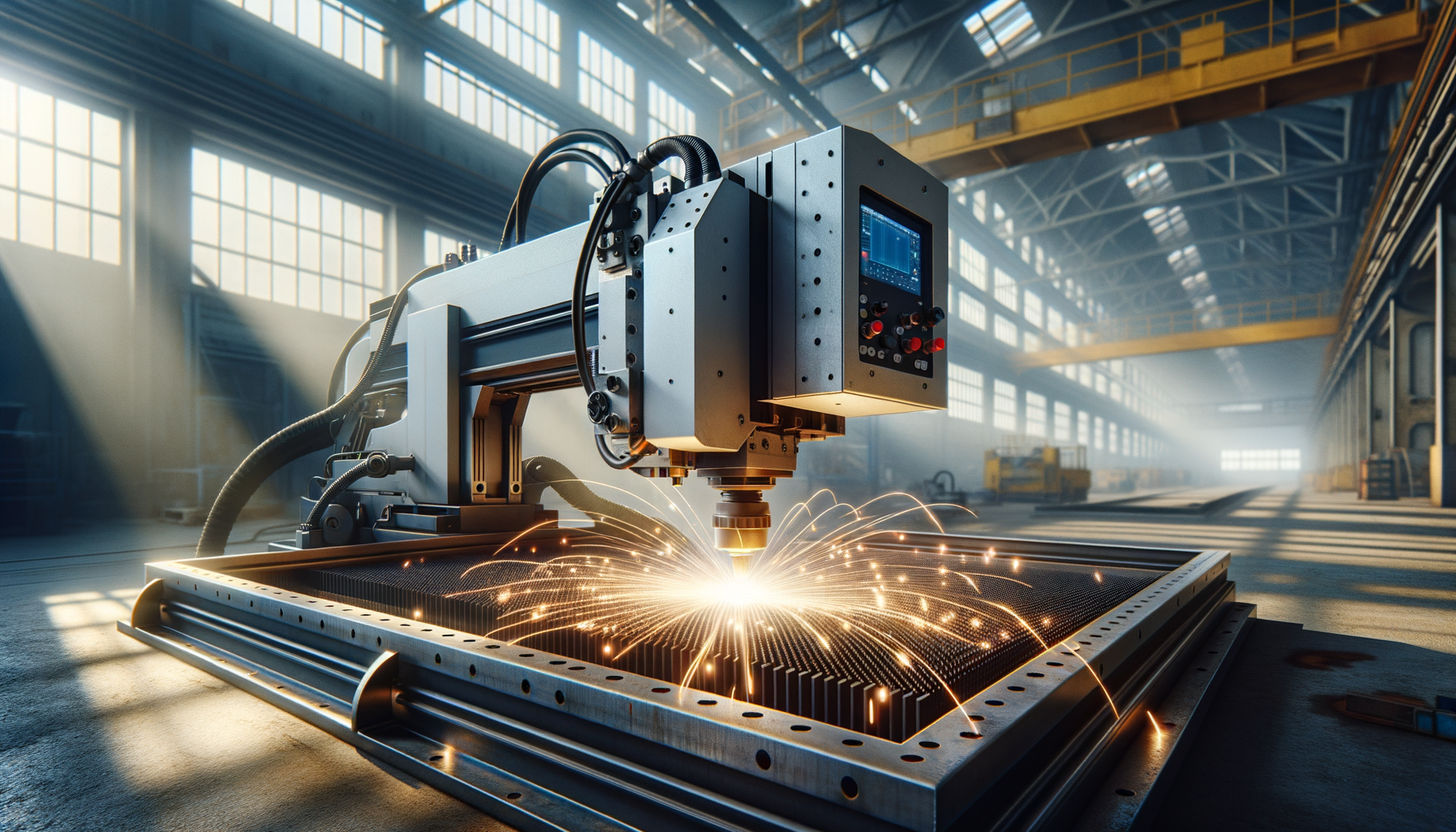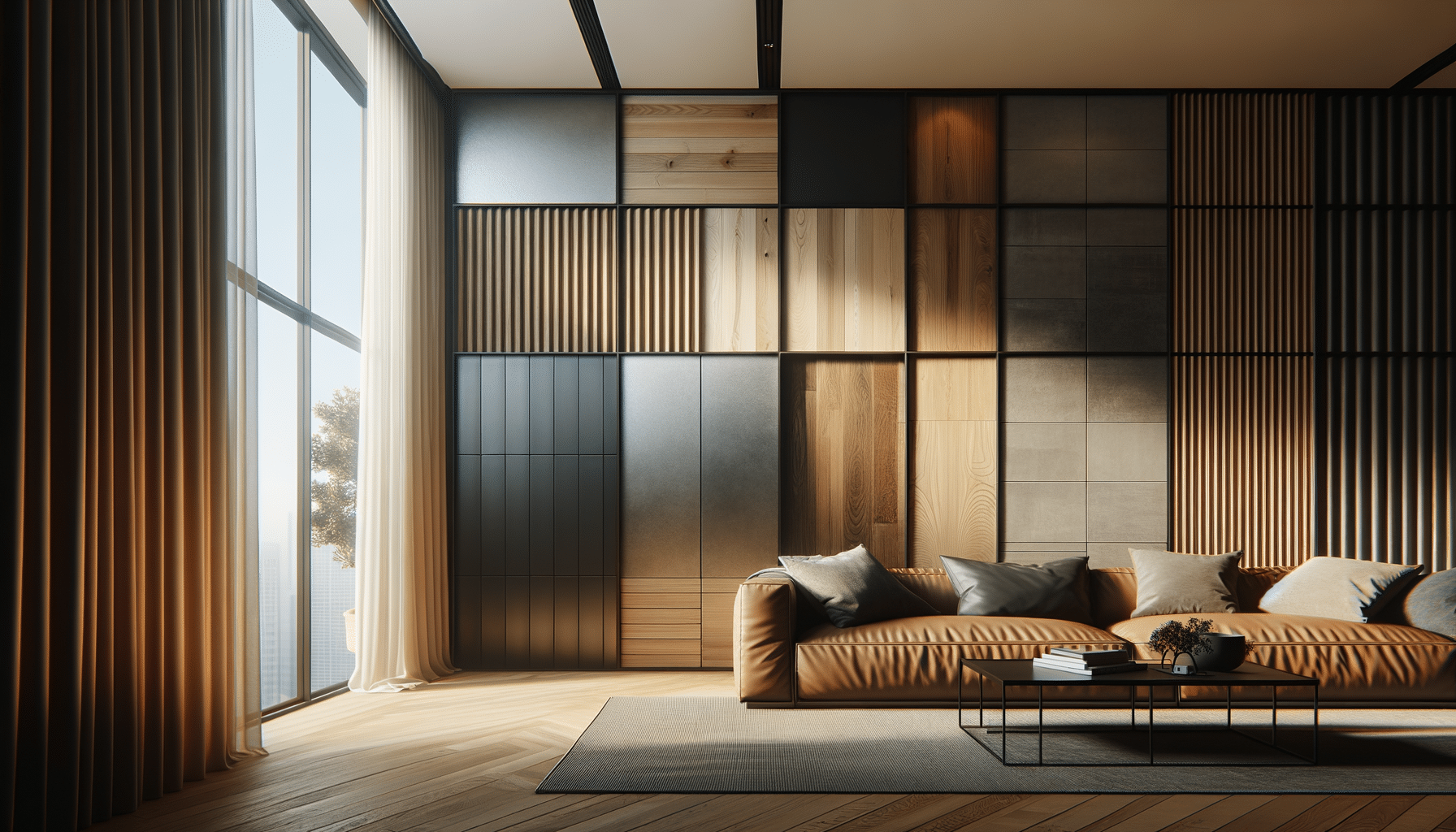
Exploring the World of Modular Homes: A Modern Housing Solution
Introduction to Modular Homes
In recent years, modular homes have emerged as a popular alternative to traditional housing. These homes are constructed off-site in sections, or modules, using factory settings before being transported and assembled on the final building site. This method offers a plethora of benefits, including reduced construction time and cost-efficiency. As housing demands grow, understanding the advantages of modular homes becomes increasingly relevant for prospective homeowners and developers alike.
Construction Process and Efficiency
The construction process of modular homes is distinctly different from traditional on-site building. Modular homes are built in a controlled factory environment, which significantly reduces the impact of weather-related delays and ensures a higher standard of quality control. Each module is constructed with precision, allowing for consistency and durability.
One of the key advantages is the efficiency of the construction timeline. Typically, a modular home can be completed in a fraction of the time it takes to build a traditional home. This is due to the simultaneous construction of the modules and the foundation work on-site. Once the modules are complete, they are transported to the site and assembled, which can be done within a few days. This streamlined process not only saves time but also reduces labor costs.
Moreover, the controlled environment allows for a reduction in waste, as materials are precisely measured and cut. This eco-friendly aspect of modular homes makes them an attractive option for environmentally conscious buyers.
Design Flexibility and Customization
Contrary to common misconceptions, modular homes offer a high degree of design flexibility and customization. Buyers can choose from a wide range of floor plans, finishes, and styles to suit their personal preferences and needs. Whether you desire a sleek modern aesthetic or a cozy traditional look, modular homes can accommodate diverse tastes.
The modular design also allows for future expansions and modifications, making it easier to adapt the home to changing needs over time. For instance, additional modules can be added to create more space or to incorporate new features. This adaptability is a significant advantage for homeowners who anticipate changes in their family size or lifestyle.
Furthermore, architects and designers are increasingly embracing modular construction for its innovative potential. The ability to experiment with different layouts and integrate sustainable design elements makes modular homes a dynamic choice for modern living.
Cost-Effectiveness and Financial Considerations
One of the most compelling reasons for choosing a modular home is its cost-effectiveness. The factory-based construction process reduces labor costs and minimizes material wastage, translating into savings for the buyer. Additionally, the shorter construction timeline means that financing costs, such as construction loans, are reduced.
Modular homes are often more affordable than traditional homes, making them accessible to a broader range of buyers. This affordability does not compromise quality, as modular homes are built to meet the same building codes and standards as site-built homes.
Potential homeowners should also consider the long-term financial benefits of modular homes. The energy-efficient construction and materials can lead to lower utility bills, while the durability and quality of the build can reduce maintenance costs over time. These financial advantages make modular homes an attractive investment for the future.
Environmental Impact and Sustainability
Modular homes are gaining attention for their positive environmental impact. The factory construction process is designed to minimize waste, as precise manufacturing techniques ensure that materials are used efficiently. Additionally, the controlled environment reduces the likelihood of damage to materials, further decreasing waste.
Many modular home manufacturers prioritize sustainability by using eco-friendly materials and incorporating energy-efficient features. These homes often include elements such as high-performance windows, advanced insulation, and energy-efficient heating and cooling systems, which contribute to reduced energy consumption and a smaller carbon footprint.
As the demand for sustainable living solutions grows, modular homes present a viable option for those looking to minimize their environmental impact. The combination of energy efficiency, waste reduction, and the use of sustainable materials makes modular homes a forward-thinking choice for eco-conscious homeowners.
Conclusion: The Future of Modular Homes
As the housing market evolves, modular homes offer a compelling alternative to traditional construction. Their efficiency, cost-effectiveness, and design flexibility make them an attractive option for a wide range of buyers. Moreover, the environmental benefits align with the growing trend toward sustainable living.
For those considering a new home, exploring modular options could provide a modern solution that meets both practical needs and personal preferences. As technology and design continue to advance, modular homes are poised to play a significant role in the future of housing.


